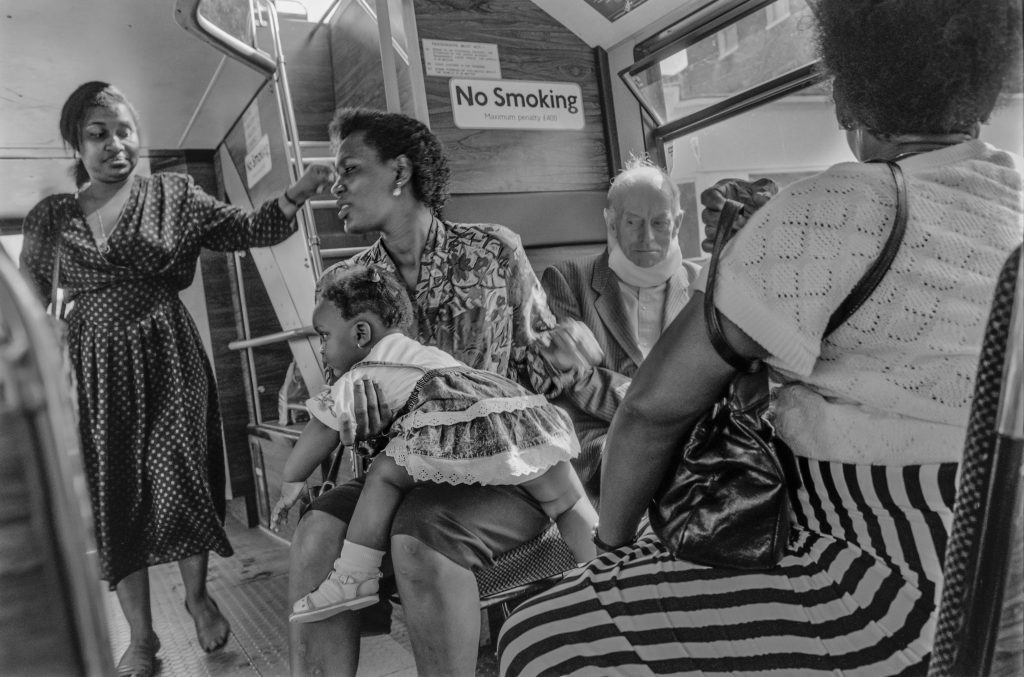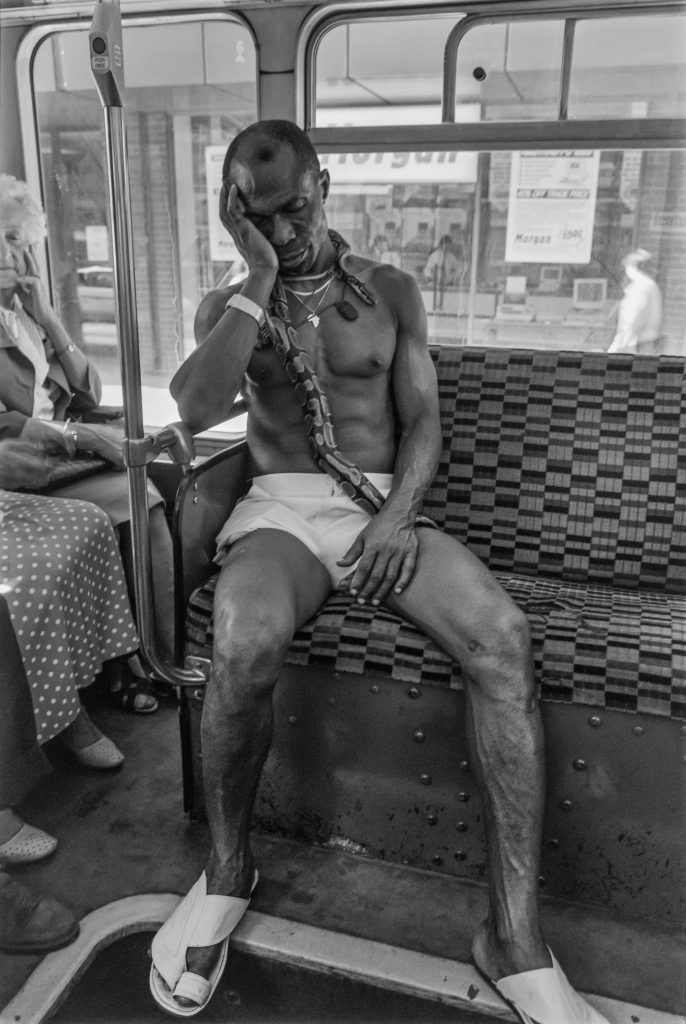
According to some I should be confessing my sins for the criminal behaviour of taking pictures of people in public places like this without first gaining their permission. Of course I don’t see it that way.
On the streets we have no “reasonable expectation of privacy” and while I think we should all – whether taking photographs or not – generally try not to behave in ways that give others reasonable call for upset, making a photograph does not usually fall into that category. Of course there are some photographers who have adopted a very aggressive approach which I feel is questionable, and there are offences such as stalking and ‘up-skirting’, but in general photographing people in public is not a criminal offence, even if those being photographed may not like it. And of course there is sometimes a strong public interest in photographing people who make it clear that they do not want to be photographed.
Mostly those I’ve photographed, at least in recent years, have been involved in protests, and making a protest implies a clear statement that you wish your actions to be recorded and there is also a clear public interest in doing so. But there is also a public interest in the recording and making statements about everyday life, the ordinary behaviour of people often unaware they are being photographed. So while I may occasionally have upset people by taking their pictures, and I may apologise that they feel upset, I’m not apologising for taking pictures or for my actions, but that I’m sorry that they think that way.
This doesn’t mean that I never ask people if I may take their picture. There are times and places where I do, usually when I need to work closely with them and take more than a single image, but more often to do so would mean missing the moment and failing to express what I saw as important to say.

I had to sort through my own ideas on this back around 1990 when I worked on a transport project taking pictures of people on buses. I don’t think there is a single picture I took for that where I asked for permission, and few that I could have made had I done so. Some were clearly aware that I was taking their picture, but most were not.

Only one person actually objected. He was a man sitting on a seat in a bus dressed in shorts with a snake around his bare upper body. I didn’t get a chance to reply to him, as two elderly women sitting to one side immediately butted in, telling him clearly that if he travelled on buses dressed like that he should expect to be photographed. I think his real objection was that I was not paying him – this was his working outfit, and he was on his way to pose with tourists in Covent Garden for a fee.
These thoughts were aroused by an article on PetaPixel, a response by Kansas City photographer Brandon Ballweg to an opinion piece published in the New York Daily News by writer Jean Son titled “When your photograph harms me: New York should look to curb unconsensual photography of women“. In Street Photography Is Not a Crime. Let’s Keep it That Way Ballweg describes her premise that any photographing of women in public places constitutes “gender-based violence“, as “hyperbolic and irresponsible” and goes on to comment on her behaviour and and arguments, as well as what seems to him (and me) her totally inconsistent later claim that “Garry Winogrand is one of my fave artists btw“. Somehow it was fine to photograph women (and men) on the street without their consent in the 1950s, 1960s, 70s and 80s as he so consistently did but now she considers it an offence.
Ballweg ends his piece – worth reading and illustrated by a number of Winogrand images – with a suggestion of a “rational, mature, adult way of dealing with a situation of you’ve been photographed” and don’t like it and goes on to suggest that if having someone take your picture causes you “such distress that you lobby to convene a task force to ban it” then it may be due to “some underlying personal issues that you need to work through and confront as an individual” rather than a problem with photography.
It’s perhaps a little harsh a statement, but reflects Son’s failure to distinguish between actual gender-based violence and the taking of photographs. It’s a vital line to draw if not always clear exactly where it lies, and one which the US Legal system has clearly failed to do in some cases as Son rightly points out.
All photographs on this and my other sites, unless otherwise stated, are taken by and copyright of Peter Marshall, and are available for reproduction or can be bought as prints.